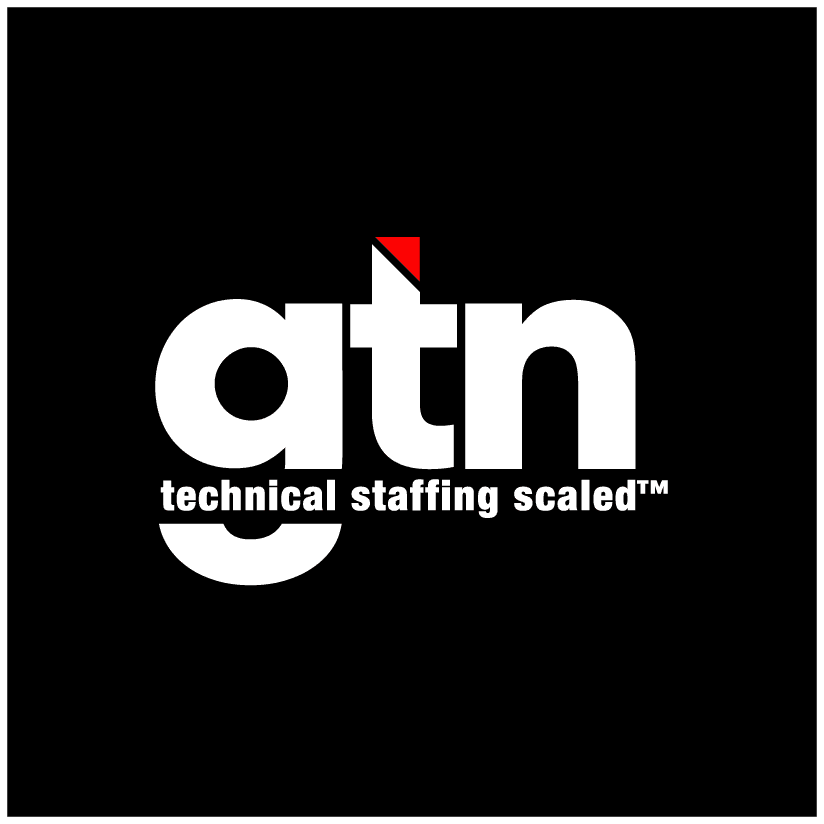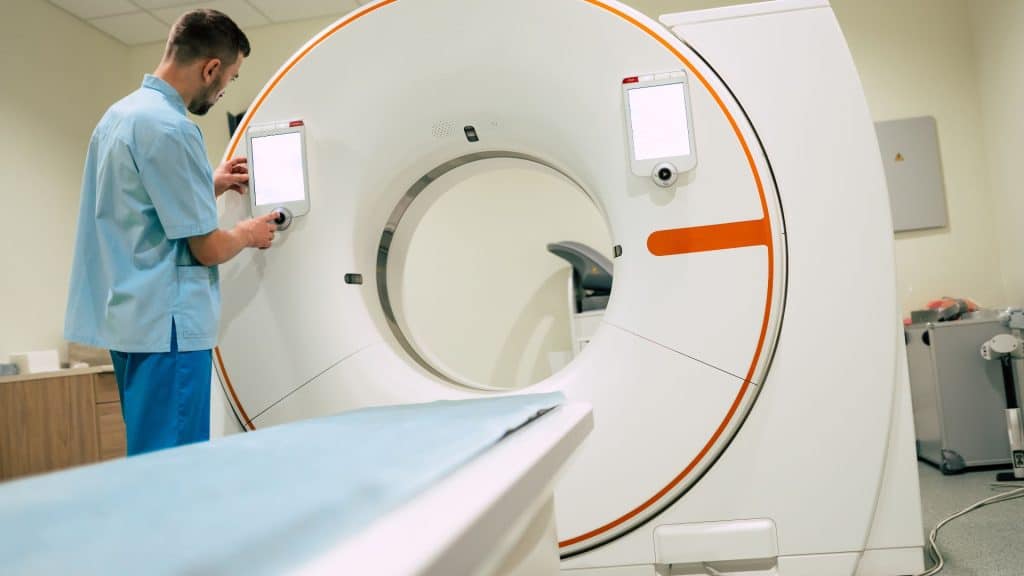The global medical industry is constantly evolving, and the need for knowledgeable medical technology field services technicians to install and maintain essential equipment is growing exponentially. From big cities to small towns, these technicians are the backbone of the healthcare industry, contributing to the delivery of quality patient care.
This month, we turn our tech career spotlight on medical technology field services technicians, exploring the responsibilities, educational requirements, growth opportunities, and potential career paths in this dynamic and rewarding field.
What is a Medical Technology Field Services Technician?
A medical technology field services technician provides on-site support and technical expertise for medical equipment and systems. They work alongside healthcare professionals to ensure medical devices and equipment function optimally and meet the highest standards of quality and safety.
The responsibilities of a medical technology field services technician can vary from day to day and may include:
- Setting up and configuring medical equipment, ensuring proper connectivity and functionality.
- Conducting routine inspections, testing, and preventive maintenance to identify and resolve issues before they impact patient care.
- Diagnosing and troubleshooting medical equipment malfunctions, performing repairs, and replacing faulty components.
- Calibrating medical devices to ensure accurate measurements and optimal performance.
- Providing training and technical support on how to properly use and maintain medical equipment.
- Maintaining accurate records of equipment maintenance, repairs, and service history.
- Communicating with healthcare professionals, answering their questions, and addressing their concerns promptly and professionally.
A medical technology field services technician ensures that medical facilities can provide accurate diagnoses, effective treatments, and reliable patient care.
Educational Requirements
The minimum requirement to for a career in medical technology as a field services technician is a high school diploma or equivalent. However, obtaining additional education and certifications can significantly enhance your career prospects.
For example, industry-recognized certifications, such as the Certified Biomedical Equipment Technician (CBET) certification from AAMI (the Association for the Advancement of Medical Instrumentation), will showcase your competence and commitment to professional development. These certifications may also lead to higher job prospects and increased earning potential.
For higher-paying positions, some employers may require an associate degree in biomedical equipment technology or another related field.
Opportunities for Growth
As mentioned above, medical technology field services technicians can expect excellent opportunities for growth and advancement.
With the increasing complexity of medical equipment and continuous technological advancements, the demand for skilled technicians is rising. Field services technicians specializing in medical equipment can expect:
Career Stability: The healthcare industry is essential and constantly evolving, providing a stable and secure career path.
Continuous Learning: The medical technology industry is dynamic, offering opportunities to learn about the latest medical equipment and systems advancements.
Professional Development: Employers often provide ongoing training and professional development programs to enhance technicians’ skills and keep them up-to-date with industry trends.
Specialization: As a technician gains experience and expertise, opportunities arise to specialize in specific areas of medical technology, such as imaging systems, laboratory equipment, or surgical devices.
Leadership Roles: With experience and additional education, supervisory or managerial positions may present themselves – including overseeing a team of field services technicians or managing the service operations of a medical facility.
Potential Career Path
An entry-level medical technology field services technician can be the first step on a fulfilling and rewarding career path. Here’s a potential career progression to give you a glimpse of the growth opportunities:
Entry-Level Technician
Entry-level technicians gain valuable hands-on experience installing, maintaining, and repairing equipment.
Specialization
Next, technicians can develop expertise in specific areas of medical technology, such as radiology equipment, patient monitoring systems, or surgical instruments.
Senior Technician
With experience and demonstrated competence, opportunities open up to take on more complex repair and maintenance tasks, serving as a mentor to junior technicians.
Field Services Manager
As you gain experience and leadership skills, managerial positions may become available, overseeing a team of field services technicians and coordinating service operations.
Related: The Integral Role of a Field Services Manager on a Remote Field Technician Team
Clinical Engineer
With additional education, such as a bachelor’s degree in biomedical engineering, technicians can transition into a role that involves designing and developing medical equipment and systems. The practical knowledge received as a medical technology field services technician will give you a unique insight into this new role.
Technical Sales
Another potential career path is to move into technical sales, leveraging your expertise to educate customers and promote medical equipment and systems.
Benefits of Working in Field Services
Choosing a career as a medical technology field services technician offers you numerous benefits and rewards. Here are just a few:
Meaningful Work: As a field services technician, you directly contribute to the well-being of patients and healthcare providers. Your expertise ensures that medical equipment and systems function optimally, enabling accurate diagnoses, effective treatments, and improved patient outcomes.
Variety and Flexibility: Field service technicians have the opportunity to work in a dynamic and ever-changing environment. Each day brings new challenges and tasks, making the work exciting and engaging. Additionally, you may enjoy the flexibility of working in different healthcare facilities and locations.
Continuous Learning: The medical technology industry constantly evolves, regularly introducing new advancements and innovations. As a medical technology field services technician, you are on the cutting-edge of the latest technologies and undergo training to enhance your skills and knowledge.
Competitive Compensation: Field services technicians specializing in medical technology are in high demand, and their expertise is highly valued. As a result, you can enjoy competitive salaries, comprehensive benefits packages, and potential bonuses or incentives.
GTN is the Guide You Need on Your Medical Technology Field Services Technician Career Path
A career as a field services technician in the medical technology industry offers a unique blend of technical expertise, problem-solving, and the opportunity to positively impact the well-being of patients and healthcare professionals. There is increasing demand for skilled technicians and continuous advancements in medical technology, resulting in promising opportunities for growth and professional development.
At GTN Technical Staffing, we’re committed to supporting your career aspirations and connecting you with top-notch employers in the medical technology industry. Trust our expertise and experience to guide you on your path to a rewarding career in tech.
Contact us today to explore exciting tech career opportunities.








